Mustafa Suleyman, co-founder of DeepMind, named head of Microsoft’s consumer AI division
Mustafa Suleyman co-founded DeepMind and most recently served as CEO at Inflection AI - his next move will see the "visionary" founder lead Microsoft's consumer AI division

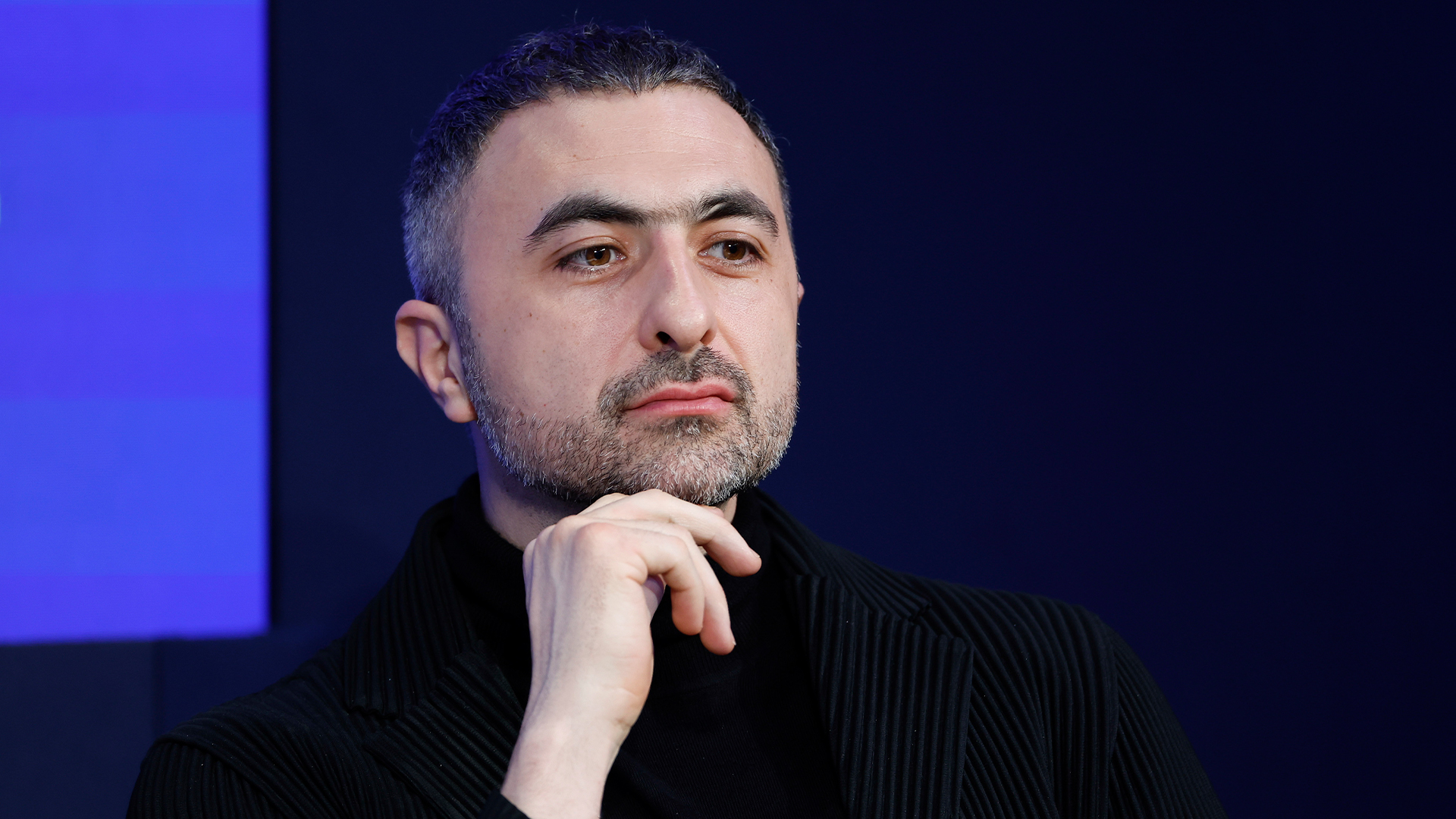
Sign up today and you will receive a free copy of our Future Focus 2025 report - the leading guidance on AI, cybersecurity and other IT challenges as per 700+ senior executives
You are now subscribed
Your newsletter sign-up was successful
Microsoft has hired DeepMind co-founder Mustafa Suleyman as head of its consumer AI division.
Suleyman, one of the biggest names in AI, will be CEO of Microsoft AI, and joins the senior leadership team reporting directly to Microsoft chief executive Satya Nadella.
The appointment, which marks a major coup for Microsoft in the ongoing generative AI race, will see him lead research on AI products spanning its Copilot, Bing, and Edge offerings.
“I’ve known Mustafa for several years and have greatly admired him as a founder of both DeepMind and Inflection, and as a visionary, product maker, and builder of pioneering teams that go after bold missions,” Nadella said in a statement.
“These teams are at the vanguard of innovation at Microsoft, bringing a new entrant energy and ethos to a changing consumer product landscape driven by the AI platform shift,” he added.
“We have a real shot to build technology that was once thought impossible and that lives up to our mission to ensure the benefits of AI reach every person and organization on the planet, safely and responsibly.”
Microsoft has been spending a lot of time and money to position itself at the front of the ongoing race for AI talent. In November last year, Nadella had hoped to hire OpenAI chief Sam Altman as head of a new advanced AI research team due to the chaos that erupted at the firm.
Sign up today and you will receive a free copy of our Future Focus 2025 report - the leading guidance on AI, cybersecurity and other IT challenges as per 700+ senior executives
However, after a dramatic few days, Altman returned to OpenAI.
Who is Mustafa Suleyman?
Suleyman joins Microsoft having most recently served as CEO of Inflection AI, of which he was also a co-founder. Much like other startups in the AI space over the last two years, Inflection experienced rapid growth during the early days of the generative AI ‘boom’.
In June last year, Inflection revealed it had raised an additional $1.3 billion in funding led by Microsoft, Reid Hoffman, Bill Gates, Eric Schmidt, and Nvidia, taking its total funding to $1.525 billion.

At the time, the company said it was building the largest AI cluster in the world based on 22,000 Nvidia H100 Tensor Core GPUs to power its ‘’Pi’ personal AI assistant. Pi’s millions of users have shared over 4 billion messages and the product has grown to six million users.
Following Suleyman’s departure, the company has appointed Sean White as CEO and also announced that Inflection-2.5 will be hosted on Microsoft Azure.
Before founding Inflection, Suleyman was one of the founders of AI company DeepMind. The UK-based AI firm was a pioneer in the field of deep reinforcement learning and using games to test its systems.
RELATED WHITEPAPER

One program called DQN learned to play 49 different Atari games from scratch by observing the pixels on the screen. In 2015, DeepMind’s AlphaGo, was the first computer program to defeat a Go world champion, and in 2019 its AlphaStar managed to beat a top professional player at StarCraft II.
Google acquired DeepMind for a reported $400 million in 2014.
“Over his ten years at the company Mustafa led the applied research and commercialization efforts, helped establish DeepMind as the global leader in AI R&D and ethics, and contributed to numerous high impact research publications,” his own website notes.
A proponent of 'AI containment'
In September 2023, Suleyman published a book titled The Coming Wave: Technology, Power, and the 21st Century’s Greatest Dilemma, which looked at the impact of the rise of AI.
The coming wave of AI will usher in a “new dawn for humanity creating wealth and surplus unlike anything we've ever seen”, he said, but the rapid proliferation of these technologies could also lead to disruption, instability, and even catastrophe.
As he explained in a video promoting the book, this wave will create an “immense dilemma that will define the century ahead of us. Our future both depends on these technologies and yet it is also imperiled by them.”
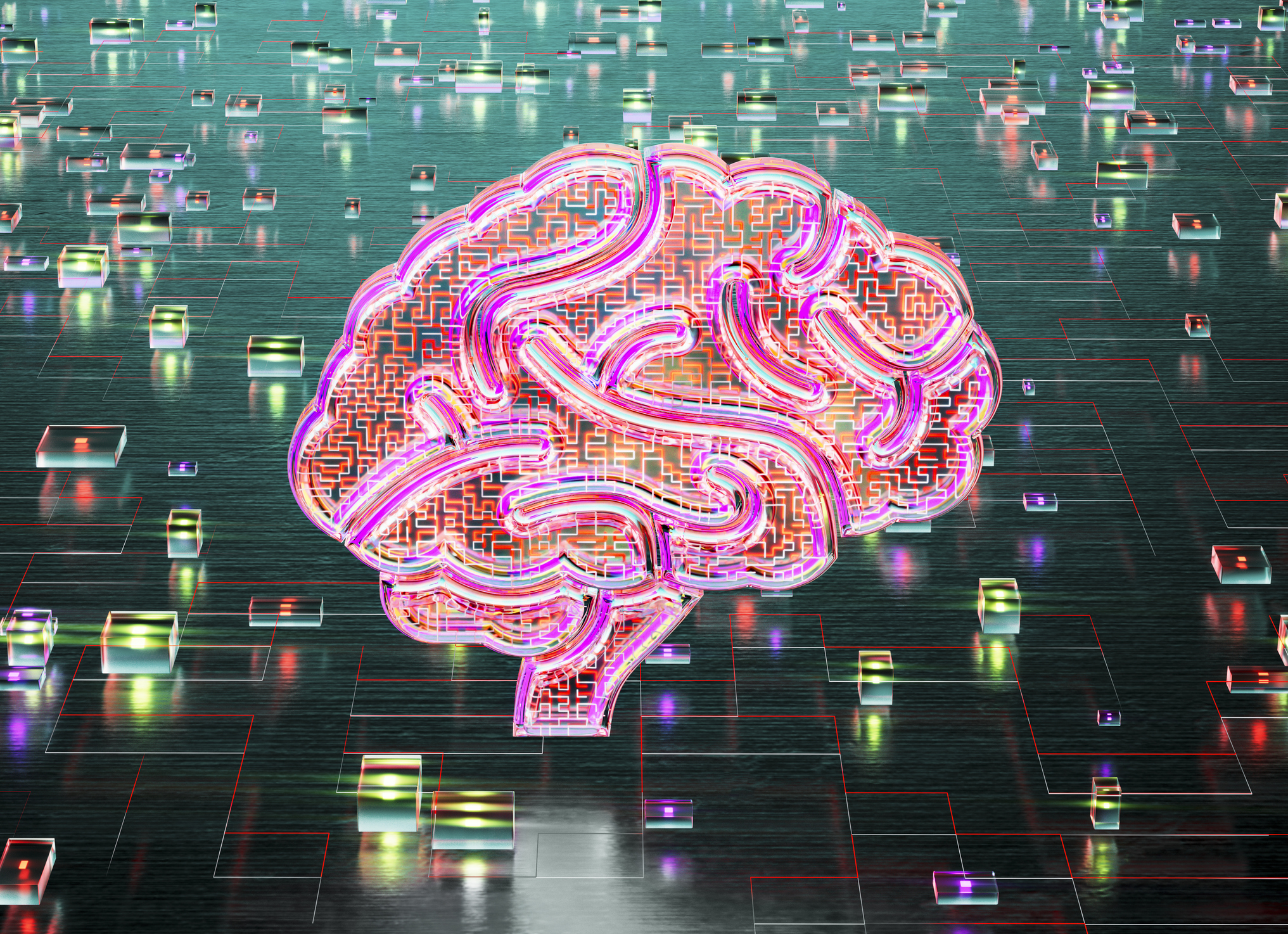
His answer, in the book, is a “containment program” working in 10 concentric layers.
This starts with development of the technology itself and moves out from there, potentially even using “choke points on the whole ecosystem” to buy time for regulators and defensive technologies”.
Suleyman is also a senior fellow at The Belfer Center for Science and International Affairs at the Harvard Kennedy School working on the geostrategic challenges of future AI systems, and a board member at The Economist.
Steve Ranger is an award-winning reporter and editor who writes about technology and business. Previously he was the editorial director at ZDNET and the editor of silicon.com.
-
 Anthropic researchers warn AI could 'inhibit skills formation' for developers
Anthropic researchers warn AI could 'inhibit skills formation' for developersNews A research paper from Anthropic suggests we need to be careful deploying AI to avoid losing critical skills
-
 CultureAI’s new partner program targets AI governance gains for resellers
CultureAI’s new partner program targets AI governance gains for resellersNews The new partner framework aims to help resellers turn AI governance gaps into scalable services revenue
-
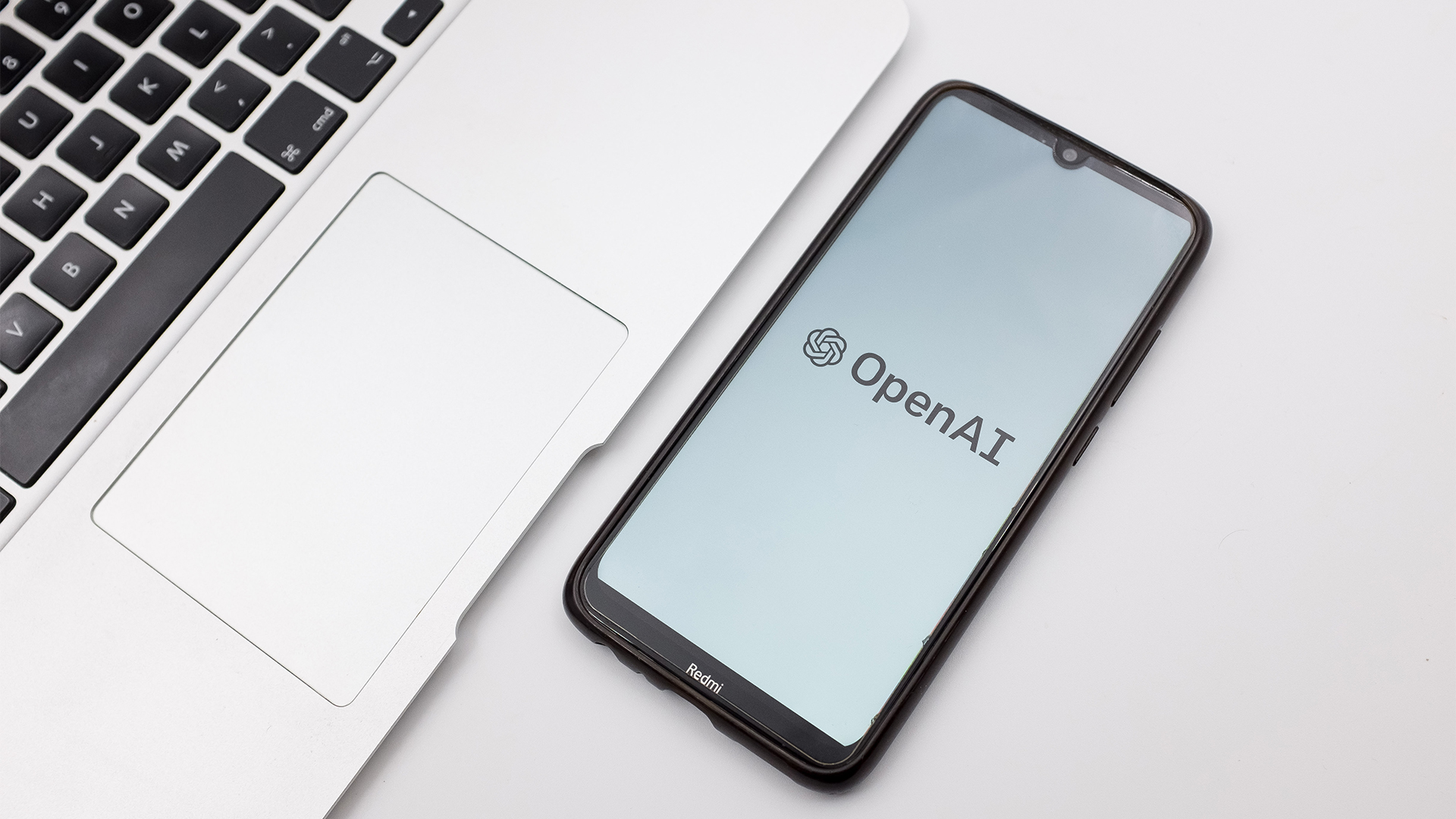 OpenAI's Codex app is now available on macOS – and it’s free for some ChatGPT users for a limited time
OpenAI's Codex app is now available on macOS – and it’s free for some ChatGPT users for a limited timeNews OpenAI has rolled out the macOS app to help developers make more use of Codex in their work
-
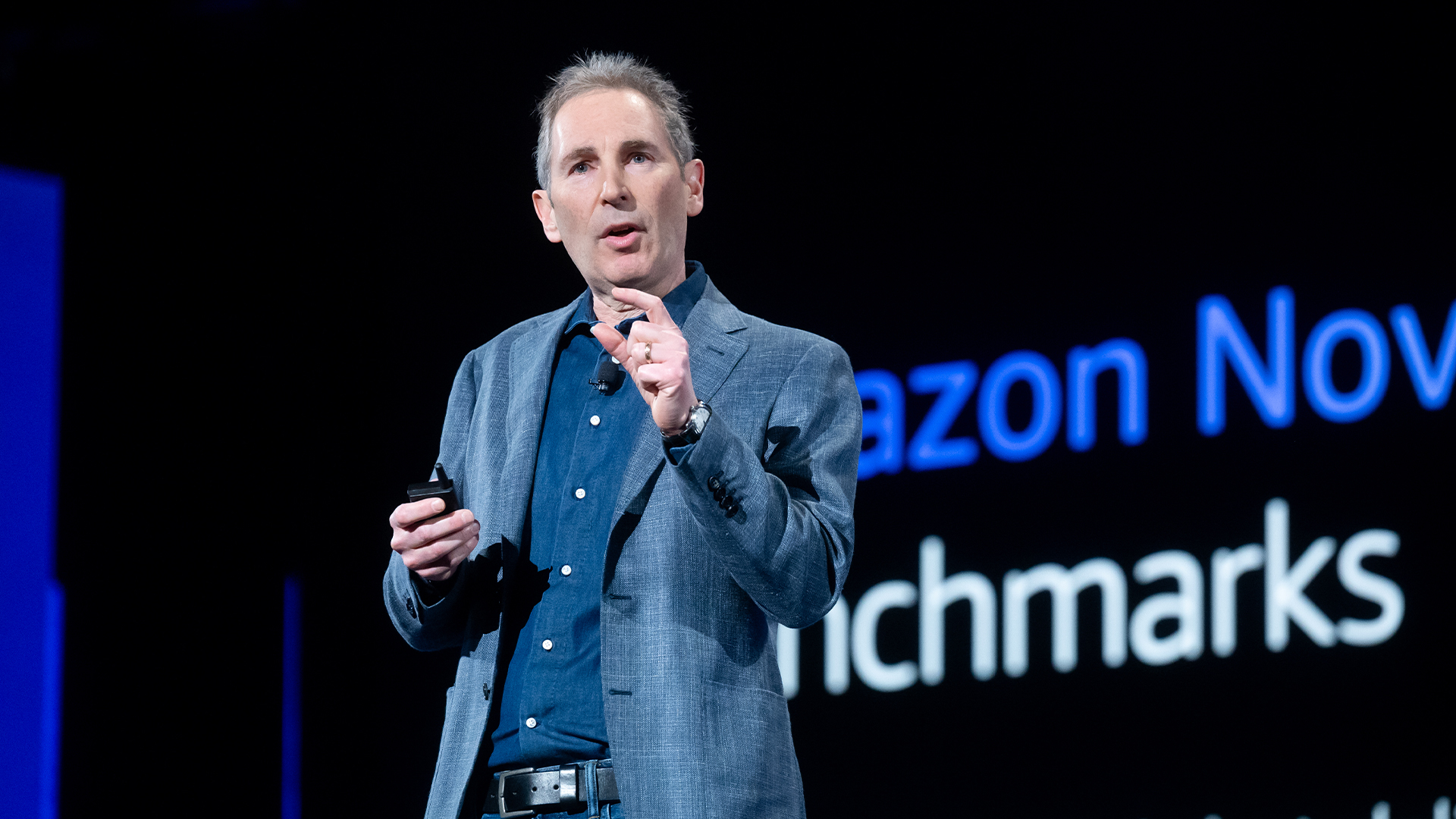 Amazon’s rumored OpenAI investment points to a “lack of confidence” in Nova model range
Amazon’s rumored OpenAI investment points to a “lack of confidence” in Nova model rangeNews The hyperscaler is among a number of firms targeting investment in the company
-
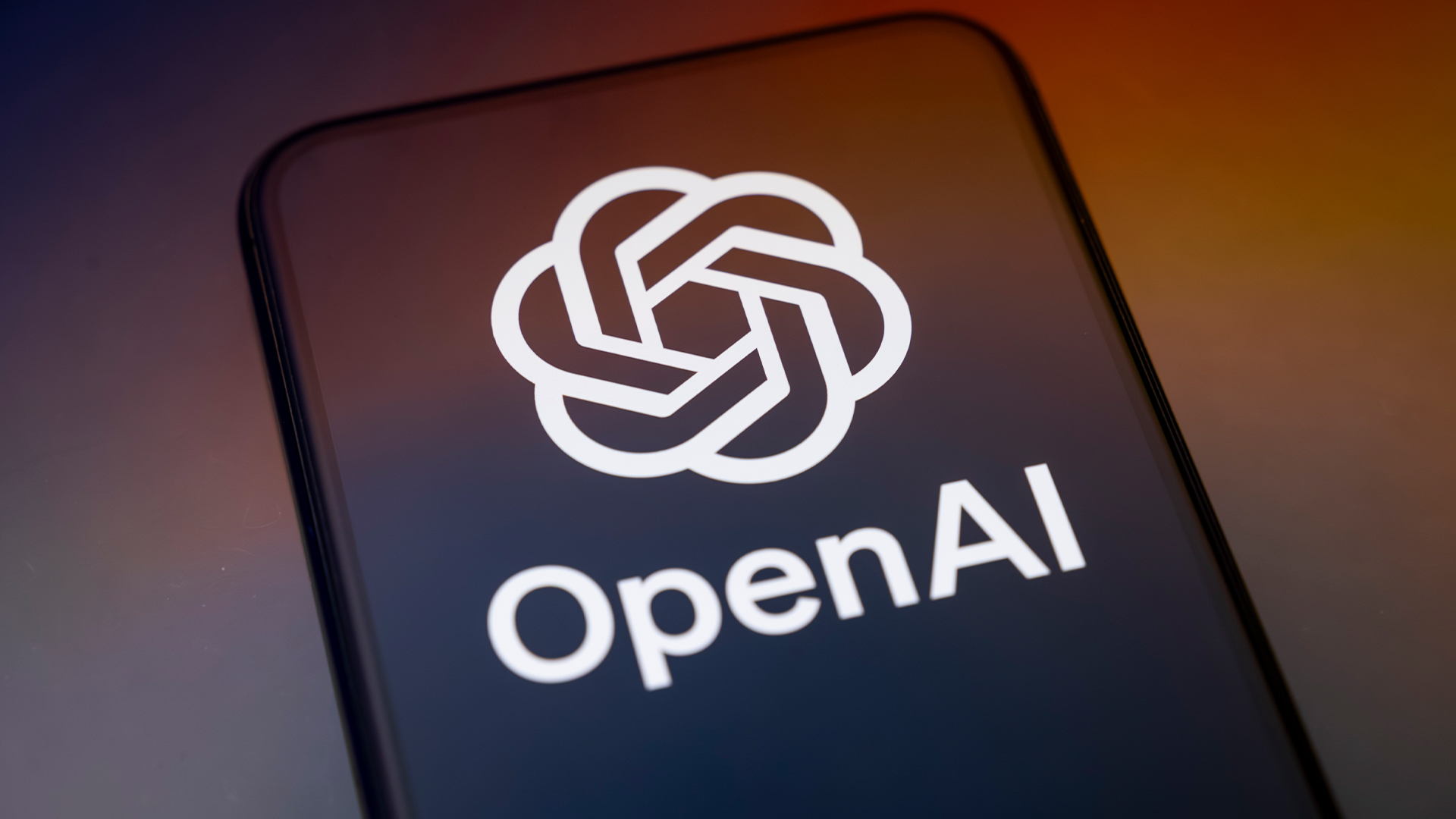 OpenAI admits 'losing access to GPT‑4o will feel frustrating' for users – the company is pushing ahead with retirement plans anway
OpenAI admits 'losing access to GPT‑4o will feel frustrating' for users – the company is pushing ahead with retirement plans anwayNews OpenAI has confirmed plans to retire its popular GPT-4o model in February, citing increased uptake of its newer GPT-5 model range.
-
 ‘In the model race, it still trails’: Meta’s huge AI spending plans show it’s struggling to keep pace with OpenAI and Google – Mark Zuckerberg thinks the launch of agents that ‘really work’ will be the key
‘In the model race, it still trails’: Meta’s huge AI spending plans show it’s struggling to keep pace with OpenAI and Google – Mark Zuckerberg thinks the launch of agents that ‘really work’ will be the keyNews Meta CEO Mark Zuckerberg promises new models this year "will be good" as the tech giant looks to catch up in the AI race
-
 If Satya Nadella wants us to take AI seriously, let’s forget about mass adoption and start with a return on investment for those already using it
If Satya Nadella wants us to take AI seriously, let’s forget about mass adoption and start with a return on investment for those already using itOpinion The Microsoft chief said there’s a risk public sentiment might sour unless adoption is distributed more evenly
-
 Satya Nadella says a 'telltale sign' of an AI bubble is if it only benefits tech companies – but the technology is now having a huge impact in a range of industries
Satya Nadella says a 'telltale sign' of an AI bubble is if it only benefits tech companies – but the technology is now having a huge impact in a range of industriesNews Microsoft CEO Satya Nadella appears confident that the AI market isn’t in the midst of a bubble, but warned widespread adoption outside of the technology industry will be key to calming concerns.
-
 DeepSeek rocked Silicon Valley in January 2025 – one year on it looks set to shake things up again with a powerful new model release
DeepSeek rocked Silicon Valley in January 2025 – one year on it looks set to shake things up again with a powerful new model releaseAnalysis The Chinese AI company sent Silicon Valley into meltdown last year and it could rock the boat again with an upcoming model
-
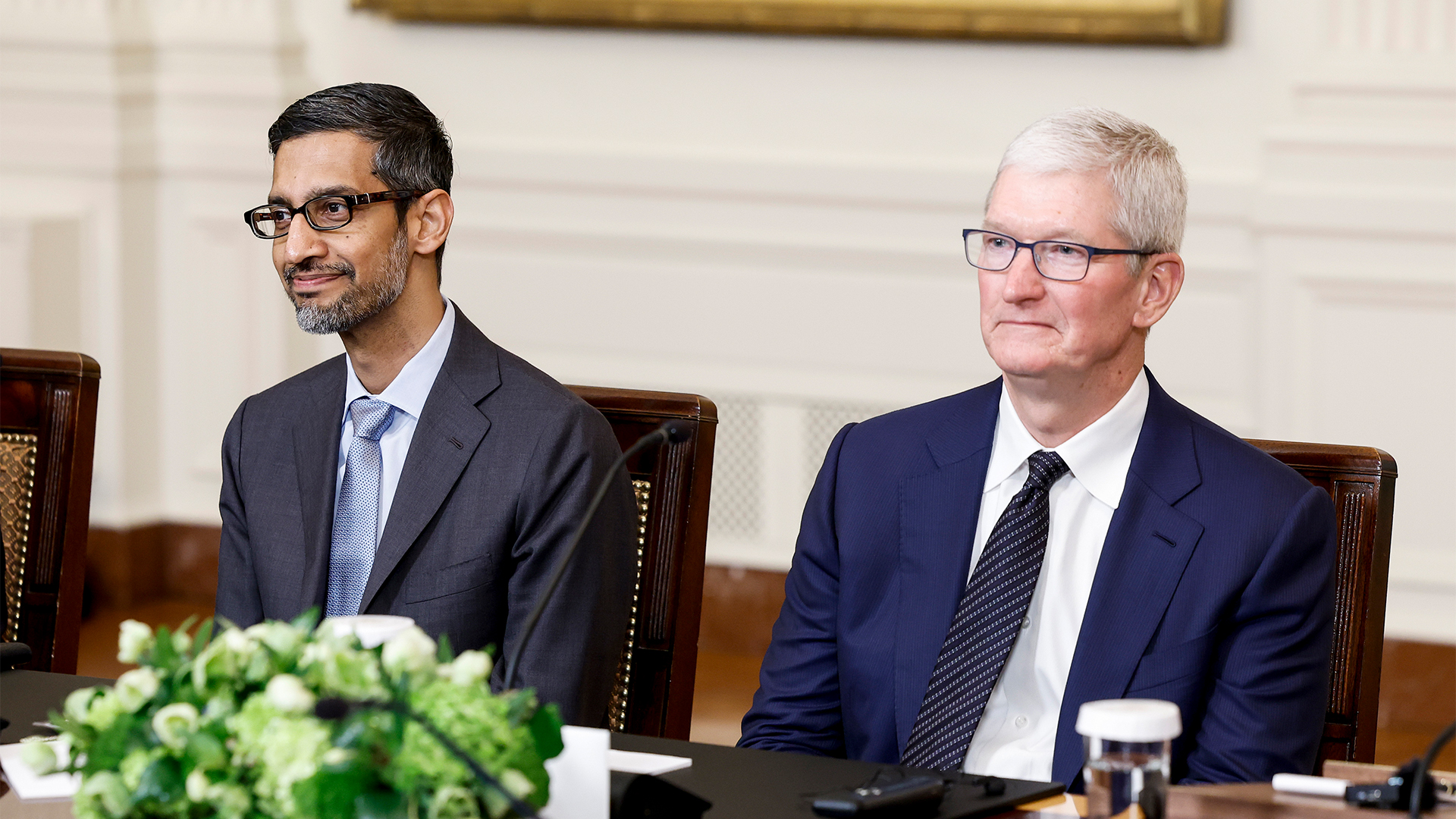 Google’s Apple deal is a major seal of approval for Gemini – and a sure sign it's beginning to pull ahead of OpenAI in the AI race
Google’s Apple deal is a major seal of approval for Gemini – and a sure sign it's beginning to pull ahead of OpenAI in the AI raceAnalysis Apple opting for Google's models to underpin Siri and Apple Intelligence is a major seal of approval for the tech giant's Gemini range – and a sure sign it's pulling ahead in the AI race.
